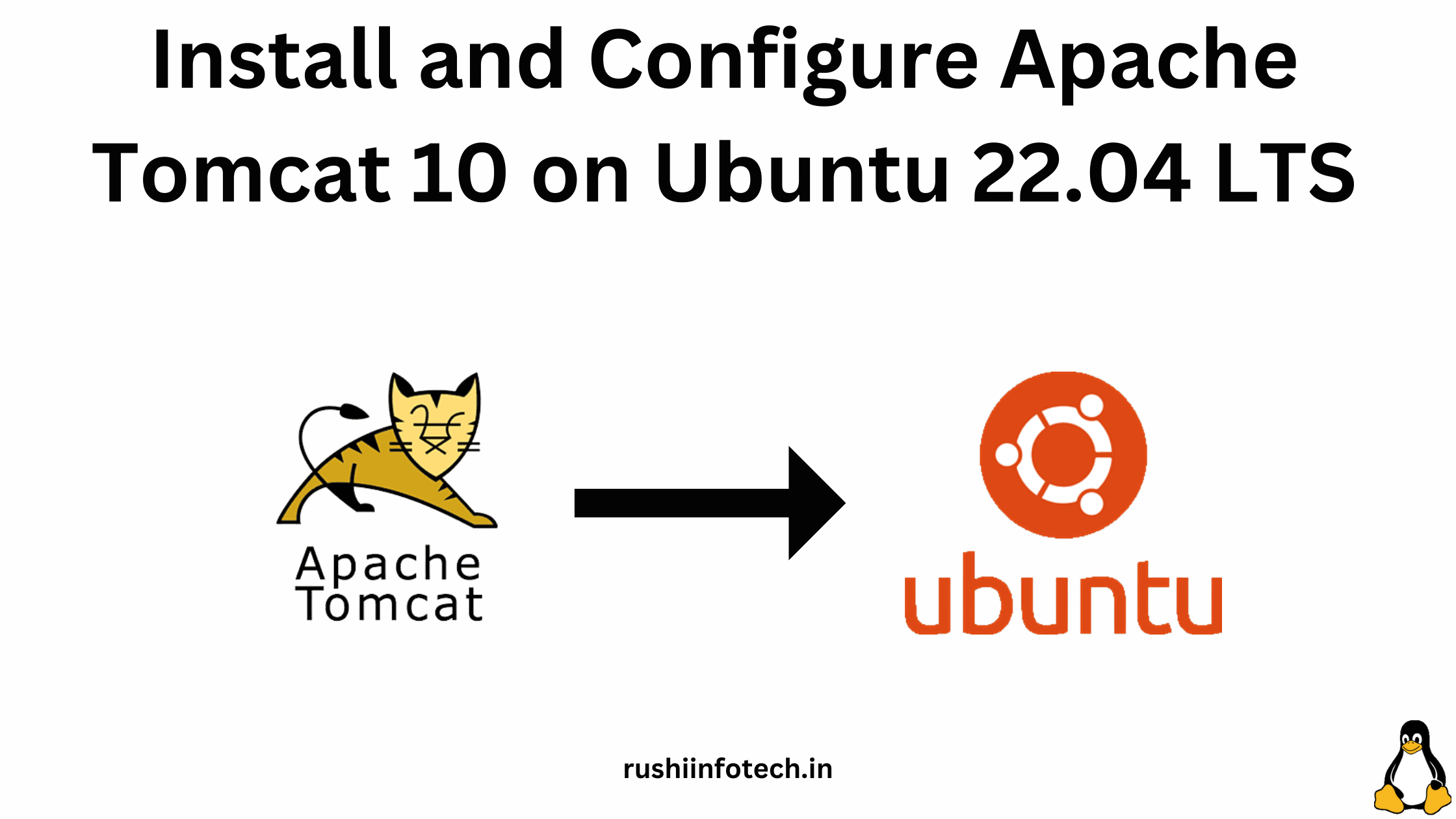Similar Posts
![Java 18 Installation on Ubuntu 22.04 LTS [5 Steps]](https://rushiinfotech.in/wp-content/uploads/2023/09/Java-18-Installation-on-Ubuntu-22.04-LTS.png)
Java 18 Installation on Ubuntu 22.04 LTS [5 Steps]
You need to be logged in to view this content. Please Log In. Not a…
How to Create EC2 Ubuntu 22.04 Instance?
Introduction: Amazon EC2 (Elastic Compute Cloud): Amazon Elastic Compute Cloud (EC2) is a web service…
Building a Simple Java-Based Web Application Using Maven on Ubuntu 24.04 LTS
You need to be logged in to view this content. Please Log In. Not a…

Install and Configure Apache Tomcat 10 Server on Ubuntu 22.04 LTS
You need to be logged in to view this content. Please Log In. Not a…

Effortless Removal: Uninstalling AWS CLI from Your Linux Server
You need to be logged in to view this content. Please Log In. Not a…
Create a Simple RollDice Java Application with Maven on Ubuntu 24.04 LTS
You need to be logged in to view this content. Please Log In. Not a…
